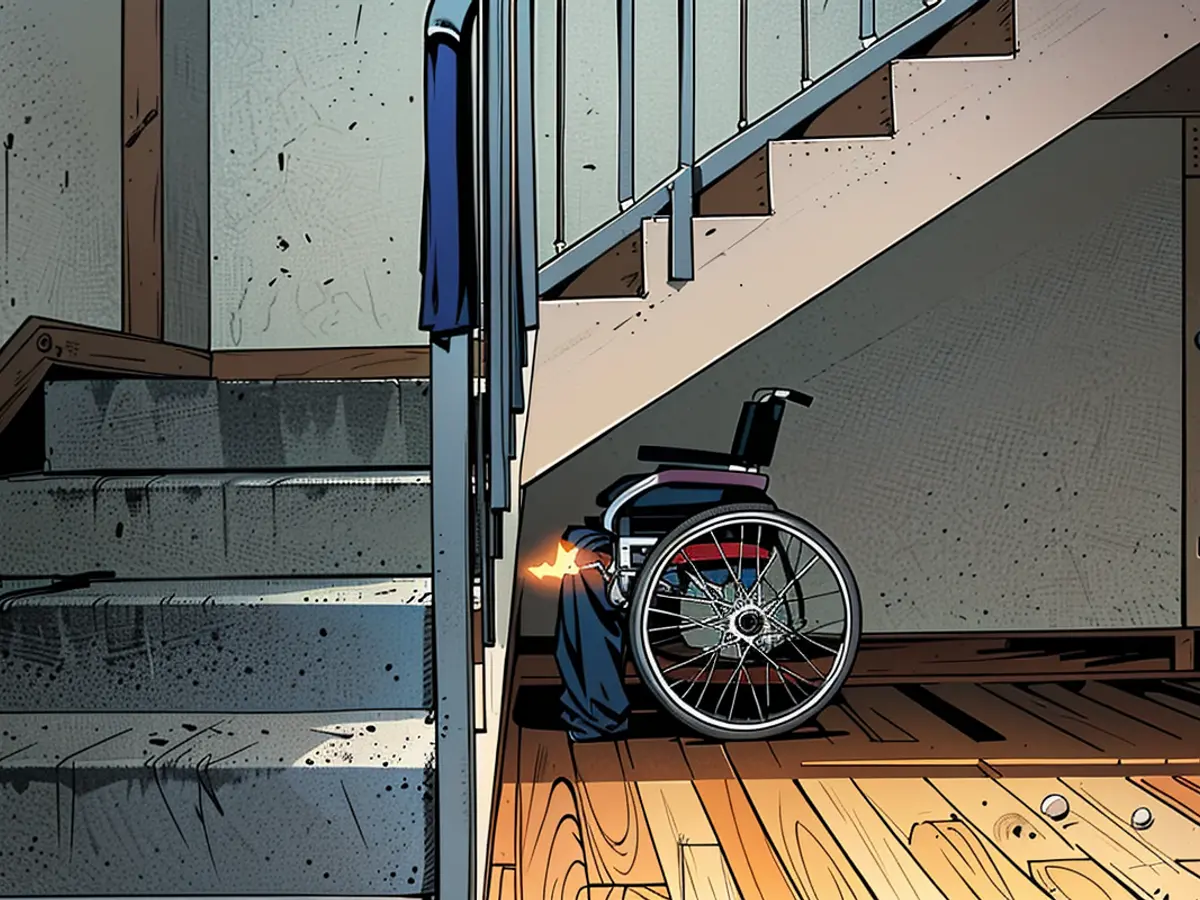Increase in Nursing Costs?
The nursing care insurance is running short on funds, as its expenditures exceed its earnings significantly. As a result, contributors can anticipate a rise in their contributions next year. From conversations in political circles, there's talk of an increase up to 0.3 percentage points. Let's delve into how this might impact your budget.
A solitary individual earning a gross salary of 3000 euros currently shells out 69 euros each month for nursing care contributions. If the increase is indeed 0.3 percentage points, this sum would increase to 78 euros a month, translating to an additional 9 euros per month, or 108 euros annually.
A mother with two kids earning the same salary currently pays 43.50 euros per month in nursing care contributions. This increase would also cost her an additional 9 euros per month, raising her contributions to 52.50 euros.
Impact on pensioners
The rise in nursing care insurance contributions would also bear down on pensioners. For instance, a pensioner with two children over 25 years old, earning a pension of 1800 euros, would face an additional expense of 5.40 euros per month. Their monthly contribution would escalate from 61.20 euros to 66.60 euros.
A pensioner without children would face an identical burden, given the same pension amount. However, their initial contribution is set higher at 72 euros, escalating to 77.40 euros per month if the contribution rate increases by 0.3 percentage points.
Current contribution rates
For context: The current contribution rate for nursing care insurance is 4% for single individuals. For people with one child, the rate is reduced to 3.4%, with additional reductions for each additional child. Employees share these costs with their employers.
In the calculation example, the potential contribution increase is assumed to impact solely the employees. If employers also contributed, the impact would be less pronounced. Pensioners are solely responsible for bearing these contributions.
The increase in nursing care insurance contributions might cause concerns for consumers, particularly those reliant on a fixed income. For example, a senior citizen with no children currently paying 72 euros per month would see an increase to 77.40 euros, affecting their budget.
Despite the potential impact on consumers, it's essential to consider that the current nursing care insurance contribution rate for single individuals is 4%, which could shift with this proposed increase. Any modification to this rate would affect all consumers alike, including those who contribute as part of their employment.







